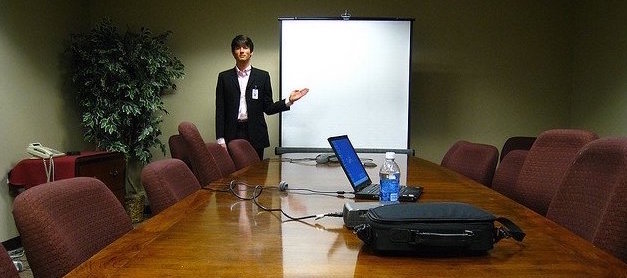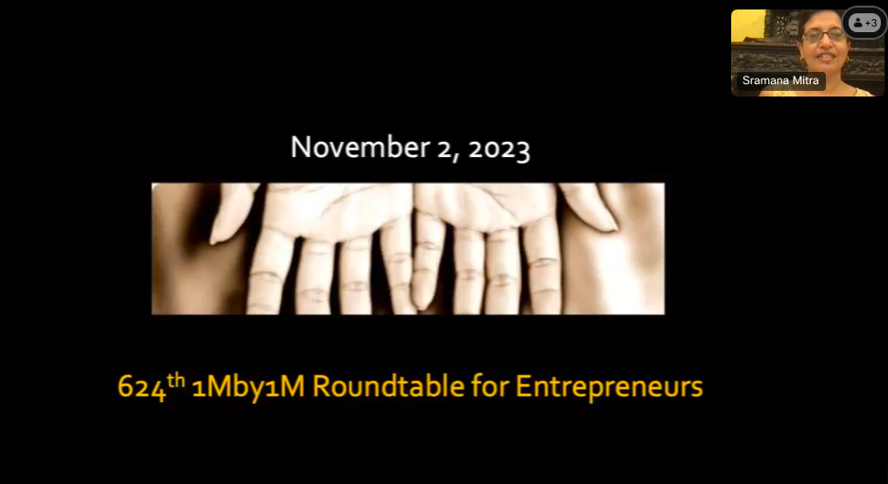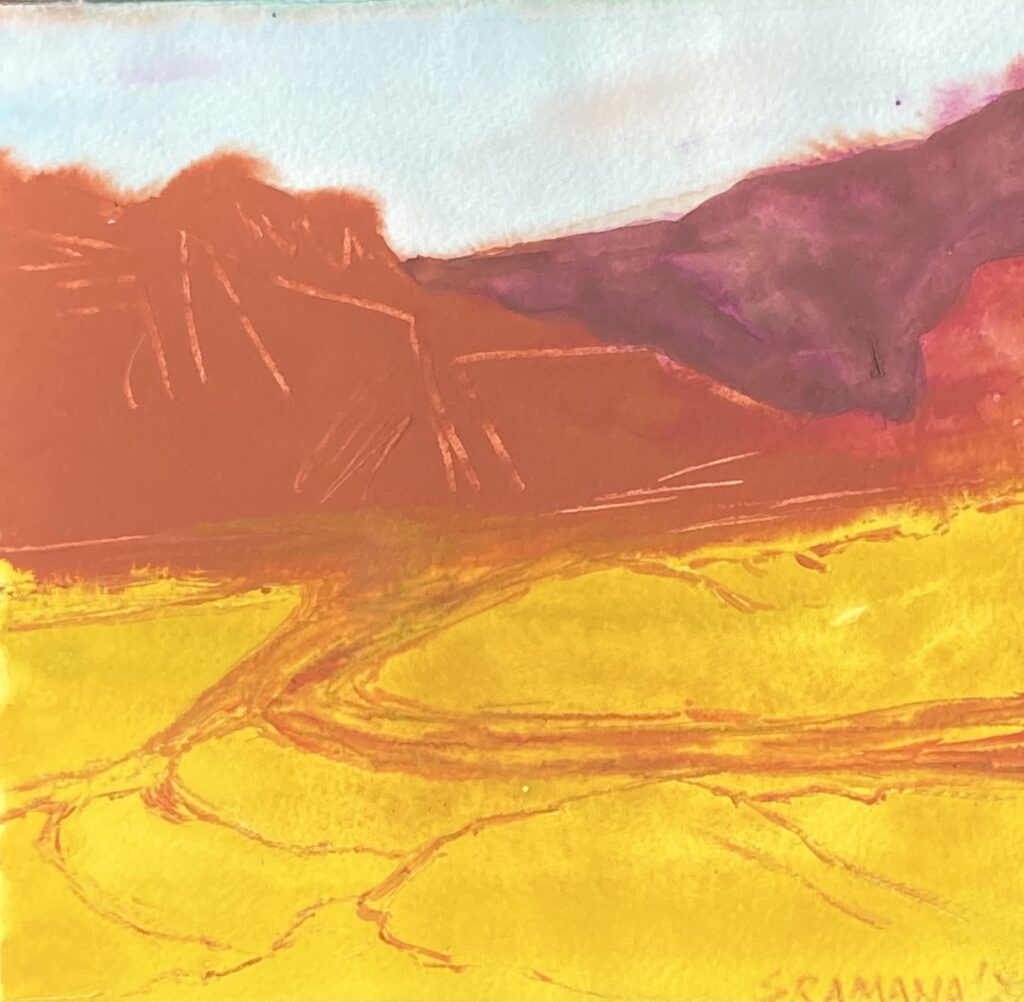Thursday, November 9 – 625th 1Mby1M Mentoring Roundtable for Entrepreneurs

Entrepreneurs are invited to the 625th FREE online 1Mby1M Mentoring Roundtable on Thursday, November 9, 2023, at 8 a.m. PST/11 a.m. EST/5 p.m. CET/9:30 p.m. India IST.
If you are a serious entrepreneur, register to “pitch” and sell your business idea. You’ll receive straightforward feedback, advice on next steps, and answers to any of your questions. Others can register to “attend” to watch, learn, and interact through the online chat.
You can learn more here and REGISTER TO PITCH OR ATTEND HERE. Register and you will receive the recording by email, even if you are unable to attend. Please share with any entrepreneurs in your circle who may be interested. All are welcome!
Featured Videos
Best of Bootstrapping: Bootstrapped and Pivoted from the US Midwest

If you haven’t already, please study our free Bootstrapping Course and Investor Introductions page.
Co-founder and CEO Paroon Chadha has bootstrapped Passageways from Indiana, now doing business as OnBoard based in Milwaukee, Wisconsin, and he wants to help other regional entrepreneurs succeed. Along the way, he has pivoted from licensed software to cloud software, and made other strategic decisions that helped his company become more successful. Read our conversation from 2018 to learn more on his moves.
Sramana Mitra: Let’s go to the very beginning of your journey. Where are you from? Where were you born, raised, and in what kind of background?
Paroon Chadha: I was born in Chandigarh, India. I was born to a family of entrepreneurs. Growing up, the choices basically boiled down to being an engineer and then perhaps being an entrepreneur. I went to Punjab Engineering College and found myself a little bit at odds with technical internships that I did and felt like sales was my true calling. It was mostly influenced by some of my mentors in life. My dad ran businesses. It led me to join a sales job out of engineering. My first job was at Wipro. I sourced hardware and software solutions for two years in India. That’s how it started.
Colors: Harvest II

I’m publishing this series on LinkedIn called Colors to explore a topic that I care deeply about: the Renaissance Mind. I am just as passionate about entrepreneurship, technology, and business, as I am about art and culture. In this series, I will typically publish a piece of art – one of my paintings – and I request you to spend a minute or two deeply meditating on it. I urge you to watch your feelings, thoughts, reactions to the piece, and write what comes to you, what thoughts it triggers, in the dialog area. Let us see what stimulation this interaction yields. For today – Harvest II
Harvest II | Sramana Mitra, 2021 | Watercolor, Pastel, Brush Pen | 8 x 8, On Paper
Video FAQs
Can 1M/1M Help Me Raise Money?
How Does 1M/1M Democratize Entrepreneurship Education?
How Does 1M/1M Democratize Management Consulting?
When Is The Right Time To Join 1M/1M?
Can 1M/1M Help Me With Business Development?
Can 1M/1M Help Me With Market Sizing?
Can 1M/1M Help Me Validate My Product?
Will I Have Private 1-on-1 Sessions In 1M/1M?
How Does 1M/1M Help Entrepreneurs Connect With Silicon Valley?
Mentoring or Consulting?
Why Does 1M/1M Charge $1000 a Year?
Why Does 1M/1M Partner With Local Organizations?
Why Don\’t Mentoring Networks Work?
Why Is It Important To Study With 1M/1M Now?
Dan Stewart Story
Vikrant Mathur Story
Catching Up On Readings: Democratized Generative AI
This report from Gartner looks at the potential of democratized generative AI to increase productivity, efficiency, and innovation. By 2026, more than 80% of enterprises will have used generative AI APIs and models and/or deployed GenAI-enabled applications in production environments, up from less than 5% in 2023. For this week’s posts, click on the paragraph links.
>>>Roundtable Recap: November 2 – EdTech Ventures from Around the World

During this week’s roundtable, we coincidentally focused on EdTech.
Zambezi Tech Vanguard
Next, we had Takudzwa Cinofunga in Harare, Zimbabwe, pitching Zambezi Tech Vanguard, an EdTech venture focused on the African market.
Wibly
Then Nick Farrenkopf in Fremont, California, pitched Wibly, another EdTech venture focused on new methods of knowledge navigation.
You can listen to the recording of this roundtable here:
Colors: Harvest I

I’m publishing this series on LinkedIn called Colors to explore a topic that I care deeply about: the Renaissance Mind. I am just as passionate about entrepreneurship, technology, and business, as I am about art and culture. In this series, I will typically publish a piece of art – one of my paintings – and I request you to spend a minute or two deeply meditating on it. I urge you to watch your feelings, thoughts, reactions to the piece, and write what comes to you, what thoughts it triggers, in the dialog area. Let us see what stimulation this interaction yields. For today – Harvest I
Harvest I | Sramana Mitra, 2021 | Watercolor, Pastel, Brush Pen | 8 x 8, On Paper
624th 1Mby1M Roundtable Recording
In case you missed it, you can listen to the recoring here:
November 9 – 625th 1Mby1M Mentoring Roundtable for Entrepreneurs

Entrepreneurs are invited to the 625th FREE online 1Mby1M Mentoring Roundtable on Thursday, November 9, 2023, at 8 a.m. PST/11 a.m. EST/5 p.m. CET/9:30 p.m. India IST.
If you are a serious entrepreneur, register to “pitch” and sell your business idea. You’ll receive straightforward feedback, advice on next steps, and answers to any of your questions. Others can register to “attend” to watch, learn, and interact through the online chat.
You can learn more here and REGISTER TO PITCH OR ATTEND HERE. Register and you will receive the recording by email, even if you are unable to attend. Please share with any entrepreneurs in your circle who may be interested. All are welcome!
